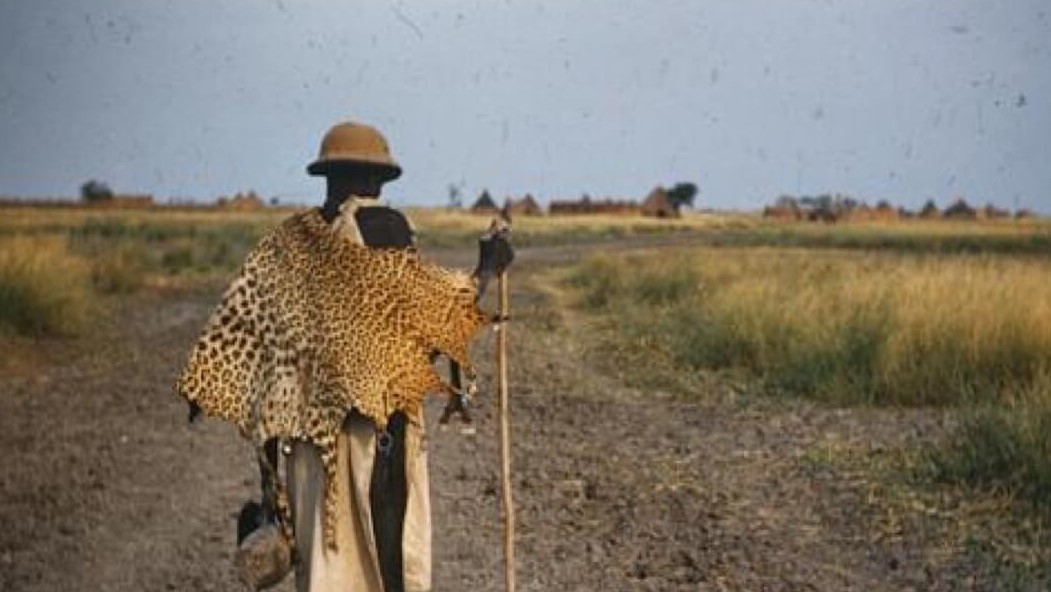UN Security Council to renew UNISFA mandate

The United Nations Security Council is set to renew the mandate of the UN Interim Security Force for Abyei (UNISFA) this May.
The mandate of UNISFA and the mission’s support for the JBVMM is due to expire on May 15, 2022.
The 15-member countries will also extend their UNISFA support for the Joint Border Verification and Monitoring Mechanism (JBVMM).
The Joint Border Verification and Monitoring Mechanism was established in 2011 to conduct monitoring and verification activities along the Sudan and South Sudan borders.
In November 2021, the Council renewed UNISFA’s mandate until May 15, 2022, with the unanimous adoption of resolution 2609 on December 15, 2021. It reduced the authorised troop ceiling from 3,550 to 3,250 and maintained the authorised police ceiling at 640 police personnel, including 148 individual police officers and three formed police units.
One major issue the Council is contemplating is the restructuring of the army forces regarding the situation on the ground, including the outbreak of violence in February and March as well as the humanitarian situation.
The Security Council’s most likely option is to extend the mandate for six months. An option would be to renew the mandate without any changes, given the uncertain internal political situations in Sudan and South Sudan.
Another matter the council members are likely to follow relates to the operational difficulties faced by UNISFA and the JBVMM. It is likely that, among other issues, the visa-issuance problems, attacks against UNISFA, restrictions on its freedom of movement, and the protracted difficulties with appointing a civilian deputy head of mission will be discussed during negotiations on UNISFA’s mandate renewal resolution.
Regarding the stalled political situation, the council may consider encouraging the AU to intensify its mediation efforts, as called for in the Secretary-General’s report.
Abyei conflicts
Abyei, a 10,000-square-kilometre Abyei region, has long been contested by both Sudan and South Sudan. The independence of South Sudan in 2011 did not improve the already bad situation, punctuated by armed conflicts, the result being the loss of lives and property.
Abyei is prised by both Sudan and South Sudan for its fertile land and oil reserves. Under the terms of the Abyei Protocol, the Abyei Area was considered, on an interim basis, to be simultaneously part of both the Republic of South Sudan and the Republic of Sudan, effectively a condominium.
Despite the region being under U.N. administration, it has witnessed frequent clashes between members of the Ng’ok Dinka ethnic group and the Misseriya community, often over access to grazing land and water points.
Mid last month, at least 41 civilians have been killed, 13 wounded, and 1,913 herds of cattle were raided on three occasions in fresh attacks alleged to have been initiated by the Misseriya Militia. Earlier in February, over 20 Ngok Dinka were also killed in clashes between the Twic and Ngok communities in Aneet, Agok, and surrounding.
While the final status of Abyei remains unresolved, an alarming recent flare-up of violence killing civilians and peacekeepers threatens the apparent calm between Sudan and South Sudan.
Late last month, the United Nations called on Sudan and South Sudan to remove restrictions and allow the United Nations Interim Security Force for Abyei (UNISFA) to operate freely in the disputed region.
Despite a ground force of over 3,000 troops, UNISFA has been criticized for not averting the violent conflict in the region. This has led to many people questioning their capacity to stop violence from happening in the region.
It is not clear yet, but they have been termed ineffective as unconfirmed reports state that some of the residents are being attacked by the Misseriya, right in the presence of UNISFA troops and they fail to take action.
In March, Vice President Hussein Abdelbagi called upon the victims of the conflict between Ngok and Twic Dinka to return to Anet so that they could re-establish their livelihoods as before and directed the military commanders in the area to order their forces to maintain law and order to protect the returnees.


